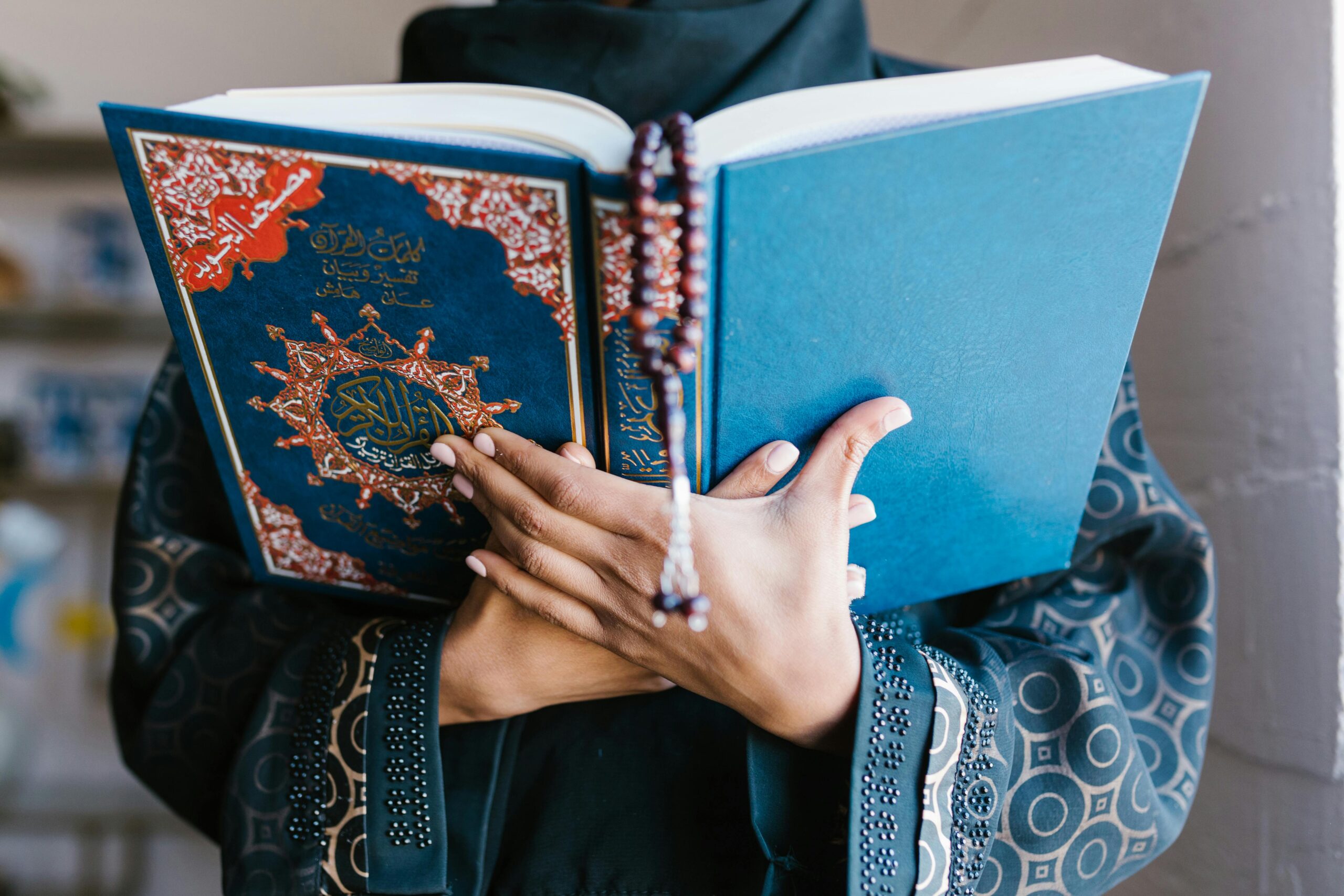Parents are among the greatest blessings Allah gives to a person. From the moment a child is born, parents sacrifice their time, comfort, and even their dreams to raise them. Islam recognizes this sacrifice and places the rights of parents right after the worship of Allah. Honoring parents is not just a social duty, it is an act of worship that brings us closer to Allah.
Parents in the Qur’an
The Qur’an mentions parents with great respect. Allah says:
“And We have enjoined upon man [care] for his parents. His mother carried him, [increasing her] in weakness upon weakness, and his weaning is in two years. Be grateful to Me and to your parents; to Me is the [final] destination.” (Surah Luqman 31:14)
This verse reminds us that showing gratitude to parents is almost as important as showing gratitude to Allah. Our parents are the reason we exist, and their rights over us never end.
The Mother’s Right
The Prophet Muhammad ﷺ was once asked, “Who is most deserving of my good company?” He replied: “Your mother.” The man asked again, and the Prophet ﷺ repeated: “Your mother.” A third time he asked, and the answer was still: “Your mother.” Only on the fourth time did the Prophet ﷺ say: “Your father.” (Bukhari & Muslim)
This shows the high status of mothers in Islam. A mother goes through pain during pregnancy, sleepless nights while raising children, and endless worry for their wellbeing. For this reason, the Prophet ﷺ said that “Paradise lies under the feet of mothers.” Honoring the mother is a path to Jannah.
The Father’s Right
While the mother’s sacrifices are countless, the father also plays a huge role. Fathers work hard, provide for the family, and protect their children. In many cases, fathers silently give up their own comfort so that their children can live better lives. Islam teaches us to respect, obey, and be grateful to our fathers as well.
Everyday Acts of Kindness
Honoring parents is not only about big gestures, it is about daily respect and love. This includes:
- Speaking gently and never raising our voice at them.
- Listening to their advice with patience.
- Helping them in their old age just as they cared for us in our childhood.
- Making dua for them, even after they have passed away.
The Qur’an teaches us a beautiful dua:
“My Lord, have mercy upon them as they brought me up [when I was] small.” (Surah Al-Isra 17:24)
When Parents Become Old
One of the greatest tests in life is when parents grow old. They may become weak, forgetful, or dependent. Islam reminds us never to show frustration or annoyance. Instead, we must serve them with kindness and remember that we, too, were once completely dependent on them.
The Prophet ﷺ warned that a person who finds their parents in old age and still does not enter Paradise by serving them has lost a great opportunity.
Obedience with Wisdom
Islam teaches obedience to parents, but this obedience has a limit. If parents ask us to do something against the commands of Allah, we must respectfully decline. Even then, Islam instructs us to remain kind and never disrespectful.
Parents After Death
Our duty to parents does not end when they pass away. The Prophet ﷺ said we can continue honoring them by:
- Making dua for them.
- Giving charity on their behalf.
- Maintaining ties with their relatives and friends.
- Fulfilling any promises they made.
This way, their legacy lives on, and we continue to earn rewards for them.
Conclusion
The rights of parents in Islam are immense. They gave us life, love, and guidance, and in return, Allah commands us to honor, respect, and serve them. By caring for our parents, we not only fulfill a religious duty but also earn Allah’s pleasure and a place in Paradise.
So, let us look at our parents with love, speak to them with kindness, and pray for them daily. Because in their happiness lies the key to our own success in this world and the hereafter.

